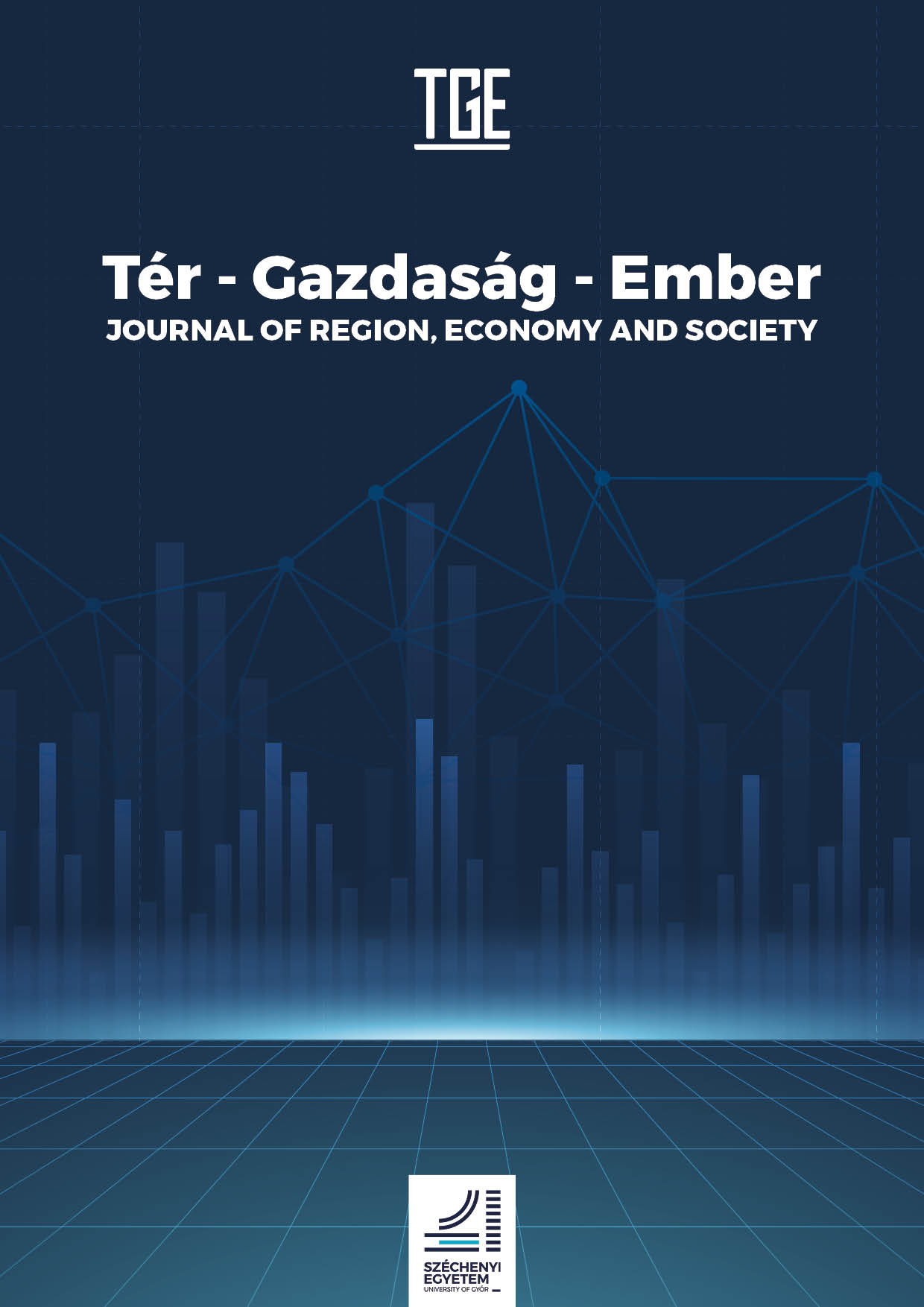The Impact of Corruption Prevention on Innovation
DOI:
https://doi.org/10.14513/tge-jres.00427Keywords:
corruption, innovation, sustainability, economic development, innovation policyAbstract
Purpose – Sustainability is a common topic in today's economic literature. The realization of this is unthinkable without effective and successful innovation. Sustainability can be compromised by various factors, including an emphasis on the short term. Another phenomenon, which also has a negative effect on sustainability, is less often mentioned. This is the problem of corruption. Corruption is as old as history and still exists today despite all countermeasures. Therefore, it is important to assess how the effectiveness of prevention can be increased and what results decreasing corruption can lead to. This study examines the impact of corruption on innovation.
Design/methodology/approach – The question is relevant because innovation is essential for ensuring sustainability. The study is carried out by the authors using data from public databases and statistical methods. The relationship between the two phenomena was established with a correlation test, and the direction of the relationship between them was established with a causality test.
Findings – The results confirm the positive effect of corruption control on innovation and infrastructure development. As a result of stronger prevention of corruption, on the one hand, resources intended for innovation can be prevented from being used for other purposes. This may be a consequence of transparency on the one hand, and more effective control on the other.
Originality – The present research focused only on developed national economies, but based on the results, it is worth repeating in the future, also in developing economies.
Published
Issue
Section
License
Copyright (c) 2025 Botond Géza Kálmán, Erzsébet Németh, Szilárd Malatyinszki (Author)

This work is licensed under a Creative Commons Attribution-NonCommercial 4.0 International License.


